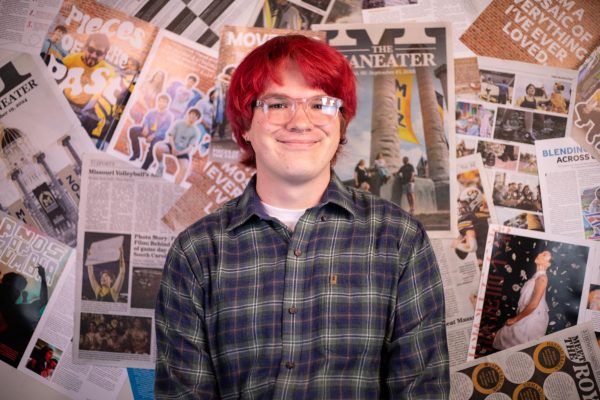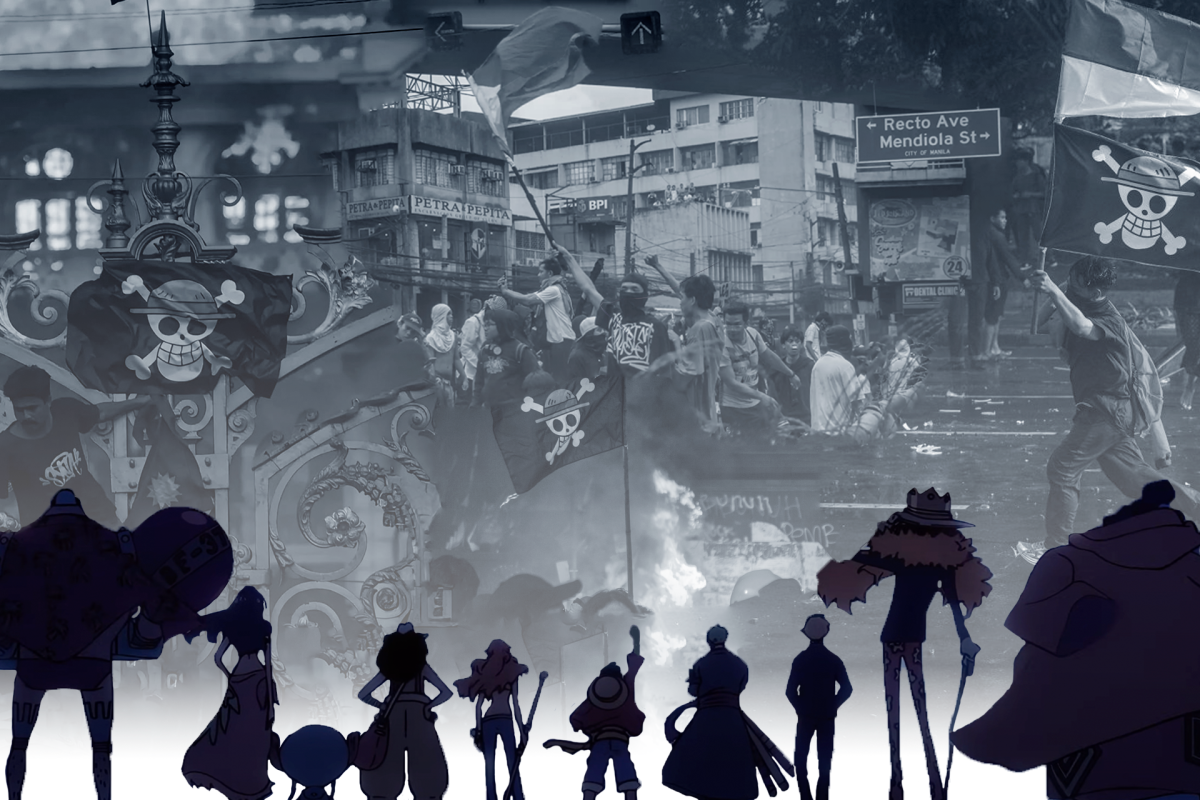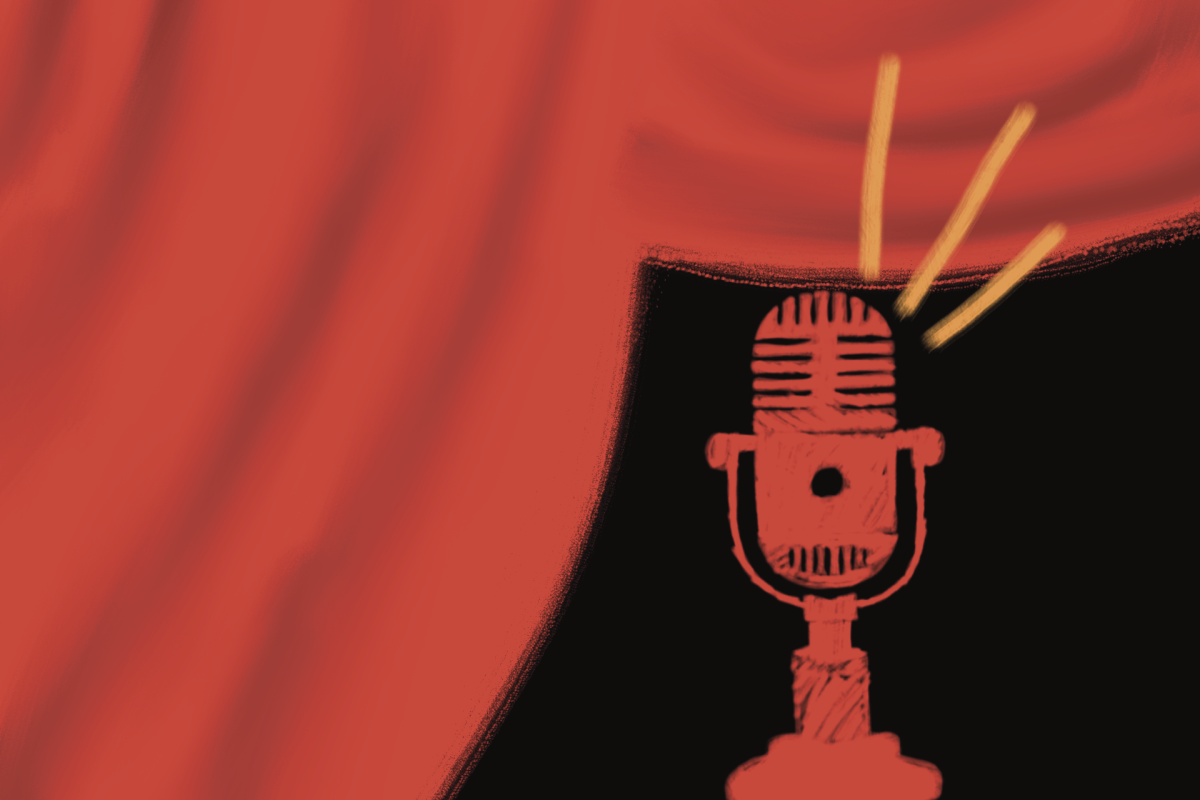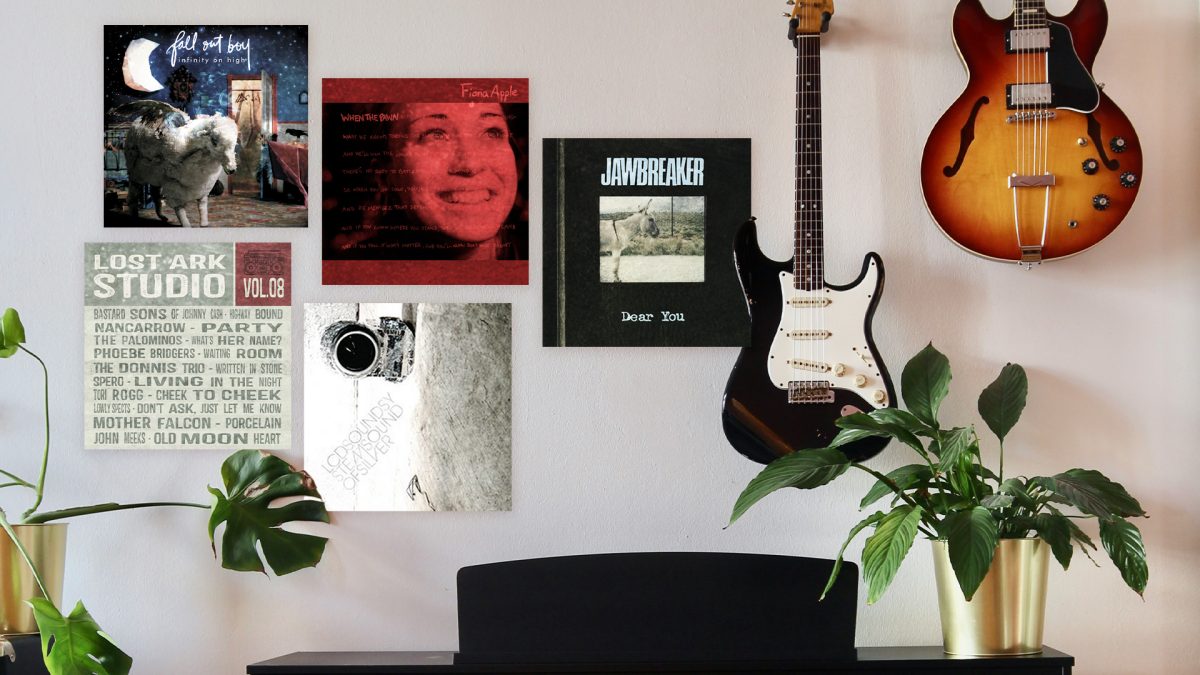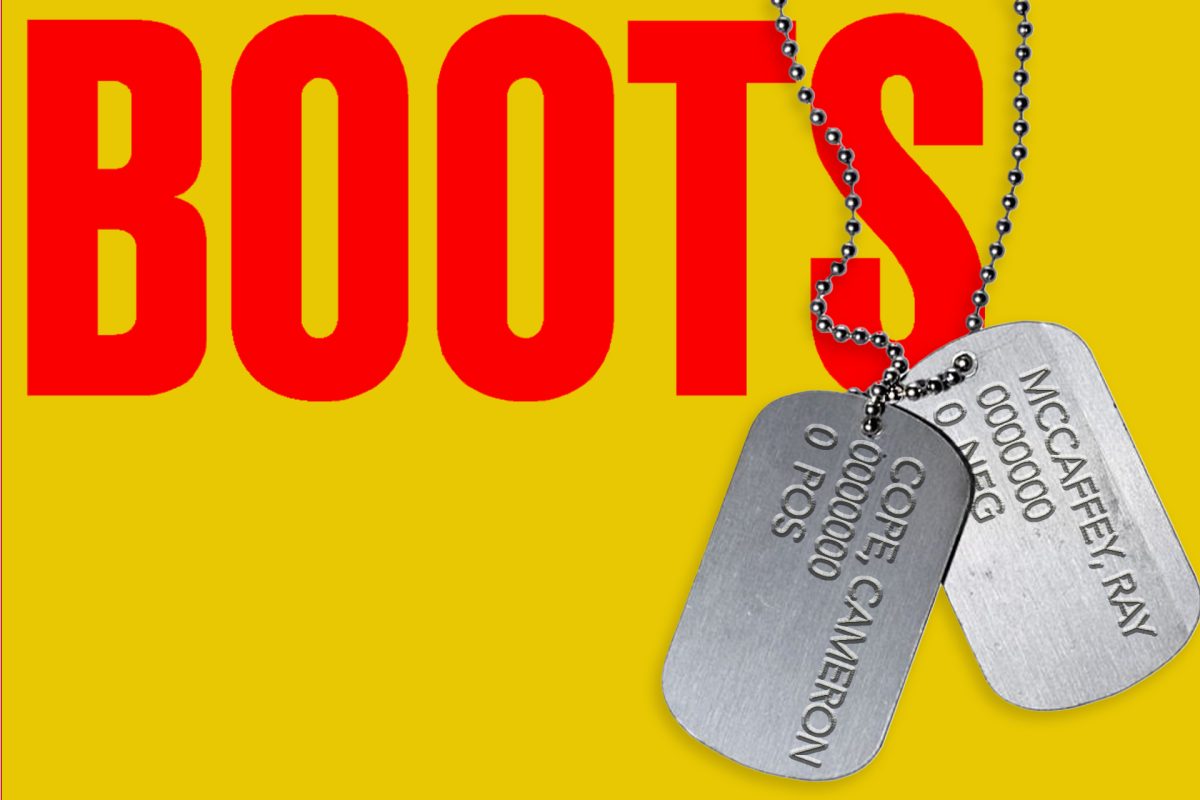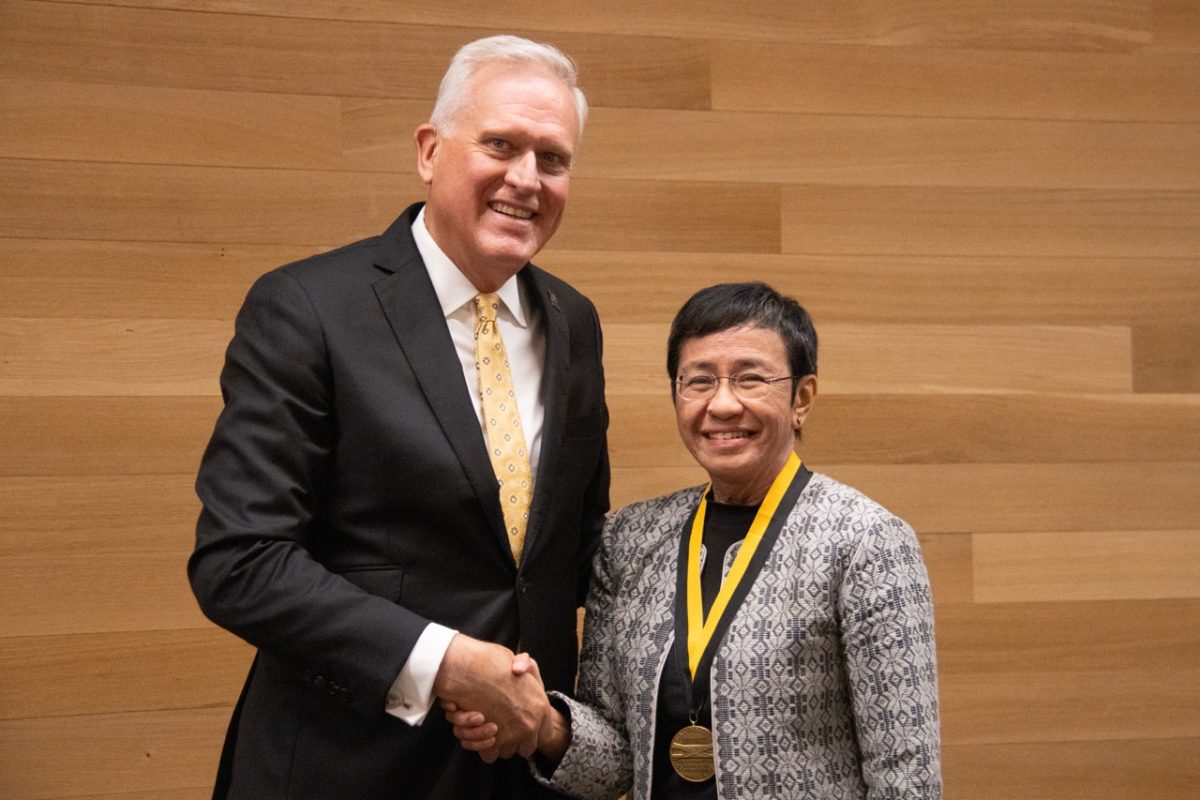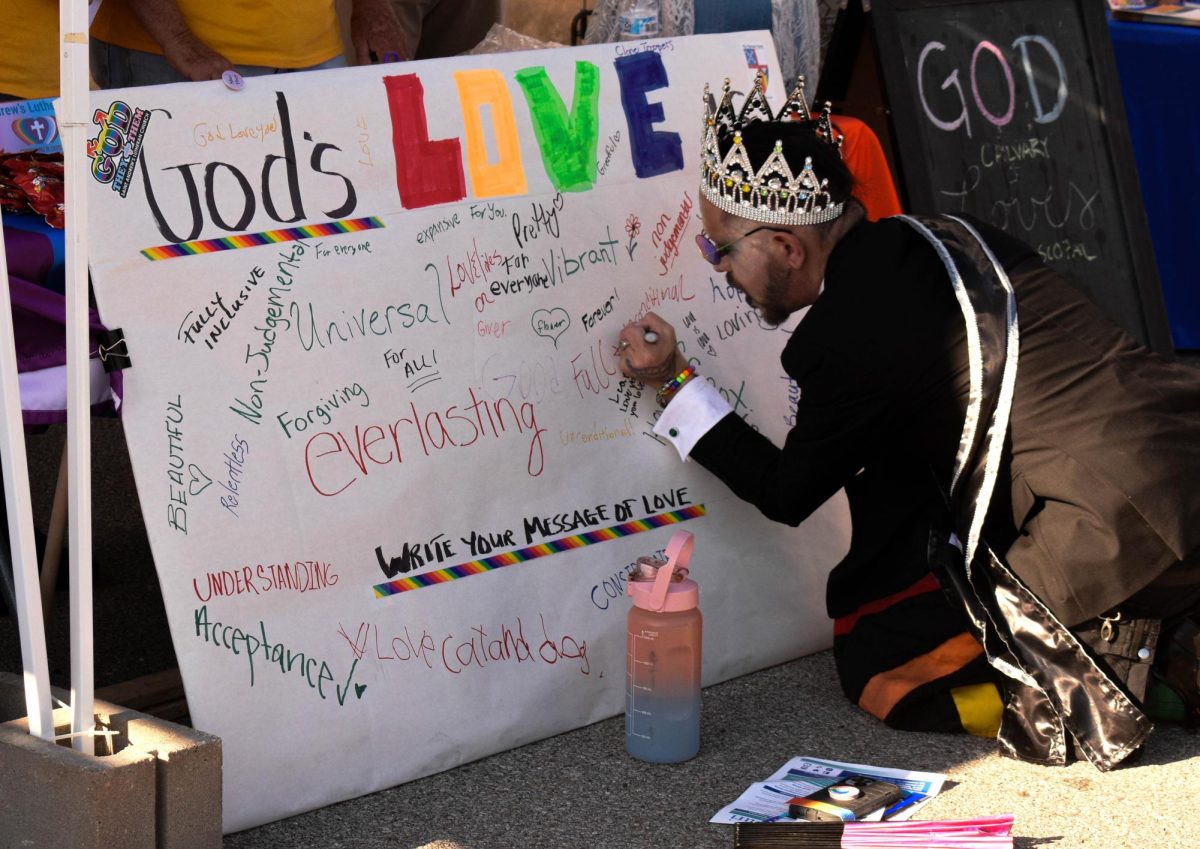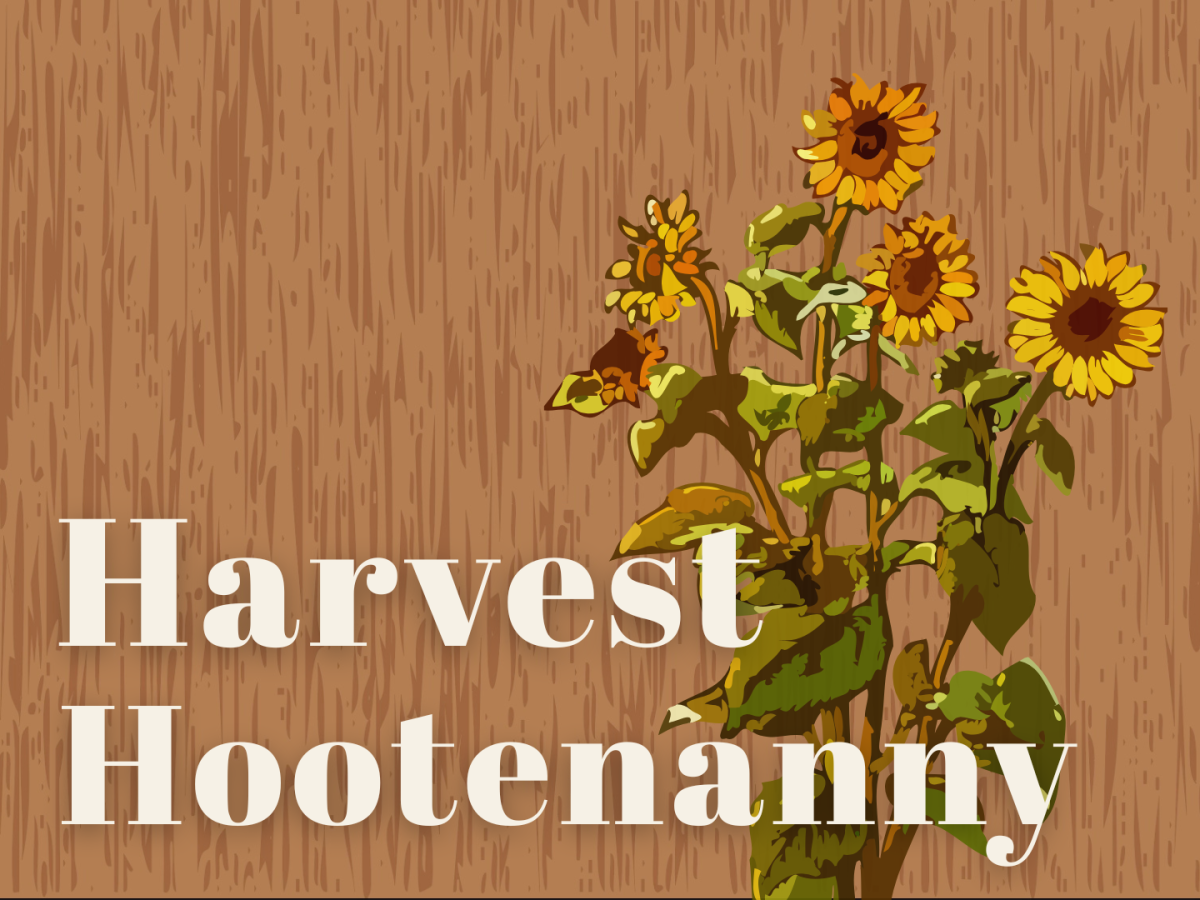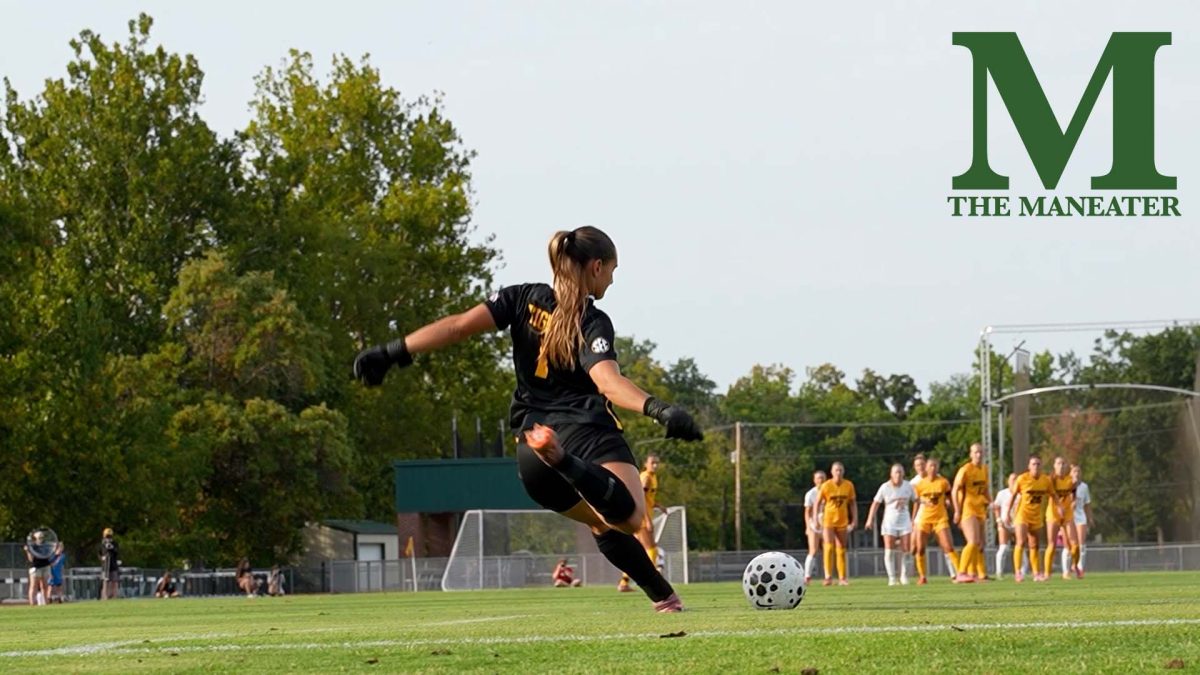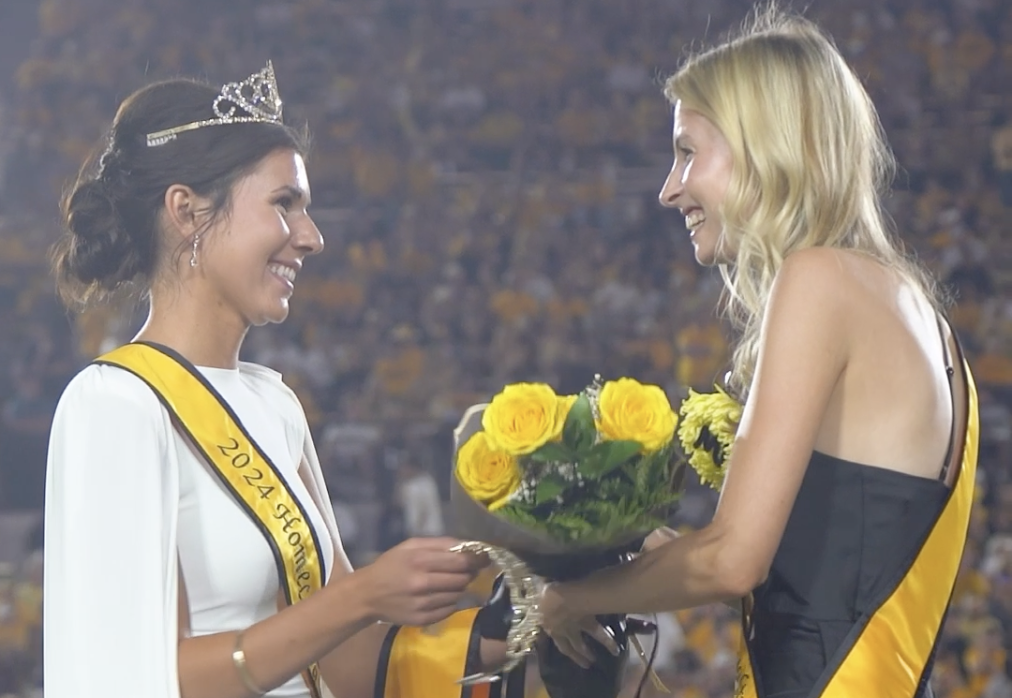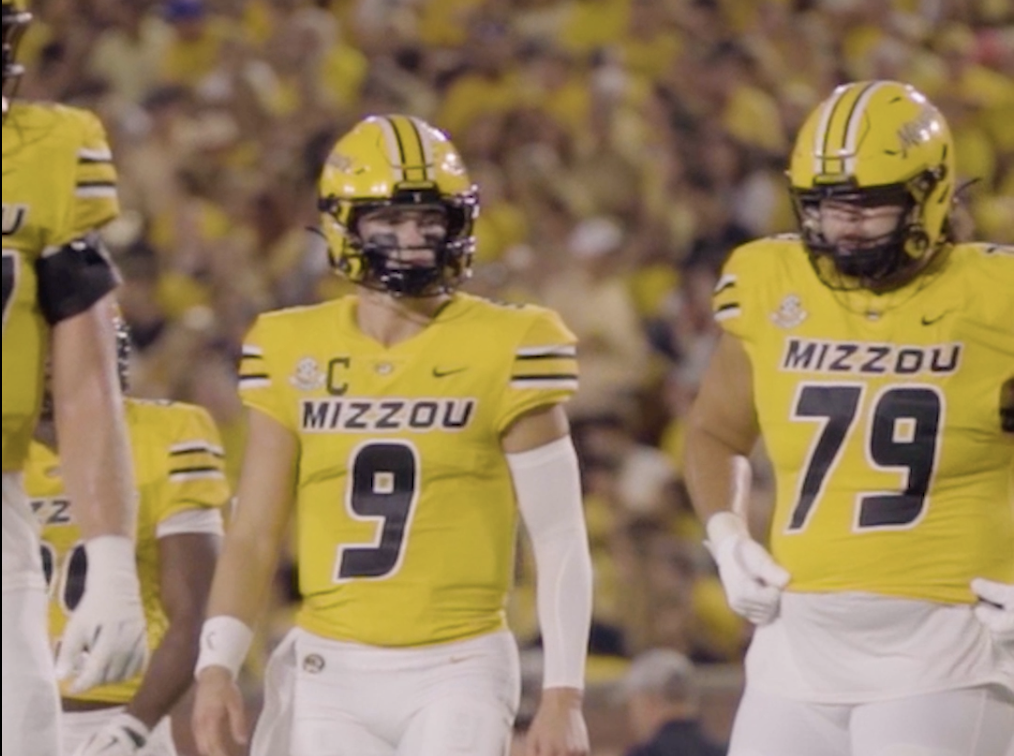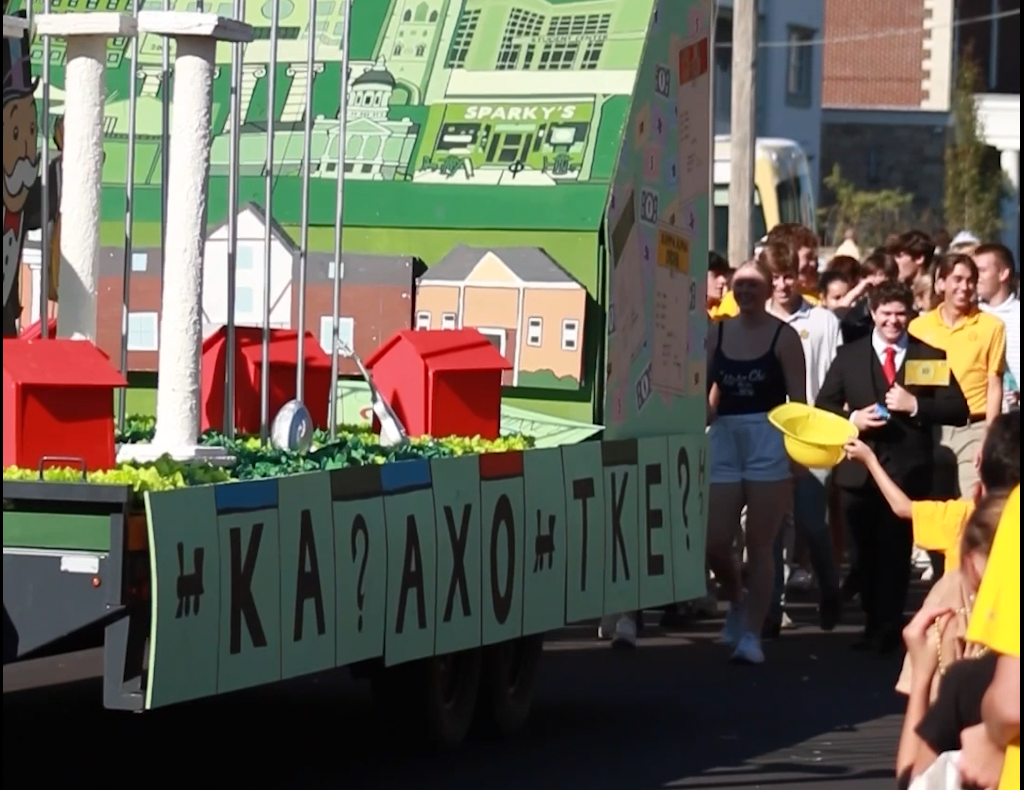The sound of jazz filled downtown Columbia as the annual Mo Jazz Music Festival brought people together for a day of music and culture on the afternoon of Saturday, Sept. 13. When the festival first kicked off, the crowd was small. The combination of blazing heat and a University of Missouri home football game likely kept people away at first. But even in the sweltering sun, the performers kept the energy alive, their sound carrying through Forrest Rose Park at Rose Music Hall even as the audience sat fanning themselves in the heat.
Mo Jazz Music Festival traces its roots back to 1992, when an organization in Jefferson City launched its first festival. By 1998, the group had grown into what is now the Jazz Forward Initiative, a nonprofit dedicated to preserving and promoting what they say is “America’s original art form.” For years, Jefferson City hosted the event, but declining attendance pushed them to move to Columbia in 2017.
This decision proved to be transformative.
“From 2017 to 2018, we had almost five times the number of people show up,” said Jeff Bassinson, president of the JFI Board of Directors. “The manager here at the time said it was probably one of the most diverse groups of individuals to attend anything here ever.”
“For me, it’s not that I don’t get scared or anything anymore, I just tell myself I’m not actually scared, I’m excited,” Cook said.
Since then, Mo Jazz Music Festival has become a staple of Columbia, offering a wide array of performances including Latin jazz, traditional trio formats and experimental blends of sound. This year, the festival opened with Manga Feo, led by singer Aina Cook, who moved to Columbia from Madagascar in 2009. The group’s name translates to “blue” or “beautiful” in Malagasy, and Cook’s voice lived up to it. She soared through the spirited duet “Bonita Cuba” and wowed the crowd with her scat singing, a true showcase of jazz’s roots.
“I’ve been performing for a long time, since I was 13,” Cook said. “Back in Madagascar, I won our version of ‘American Idol.’ It’s kind of crazy, I knew nothing, I just went for it, and now it’s, like, my whole personality. But ever since then, you know, I put out albums and I toured places.”
Her years of experience have shaped not only her craft, but also her outlook on the stage. For Cook, her nerves transformed into a mindset that keeps her energized in front of a crowd.

As evening fell, more people began to filter in. The Huney Knuckles, from the San Francisco Bay Area, reignited the crowd’s energy after hours in the heat. With Grammy-winning saxophonist Tony Peebles and 19-year-old trumpet prodigy Skyler Tang joining in, their set felt like a jolt of electricity: tight, joyful and impossible to ignore.
What lingered long after the music ended wasn’t just the notes, but the feeling: a space where strangers became neighbors and families and friends could dance without worry.
Yet the very existence of that space is uncertain. Behind the joy is a looming challenge. Jefferson City’s KJLU Radio, the festival’s largest sponsor, is set to lose a significant amount in federal pass-through funding after next year, and other local stations like KOPN face similar cuts.
The festival does receive support from the Missouri Arts Council, Columbia’s Convention and Visitors Bureau and the Office of Cultural Affairs. While local businesses, individual donors and musicians can also contribute, without replacing the lost federal funds, organizers fear that after next year, the festival could be forced to downsize, or worse.
“Next year, it’s possible the corrale of musicians we have available to us nationwide gets a little small,” Bassinson said. “We’re just hoping we can find other grants.”
That’s where the Columbia community, especially its younger residents, could come in. According to Bassinson, with thousands of college students in town, awareness and support could make the difference between Mo Jazz Music Festival thriving or disappearing. Attending the festival, spreading the word and donating even small amounts can help secure its future.
“Our main goal of course is to promote jazz, which is one of America’s truly original music art forms,” Bassinson said.
The music may have been electric this weekend, but keeping the beat alive will take more than applause. It will take a community’s collective effort of showing up, giving back and carrying the rhythm forward to ensure Columbia doesn’t lose one of its most vibrant celebrations of art and culture.
Edited by Ainsley Bryson | [email protected]
Copy edited by Savannah Church and Avery Copeland | [email protected]
Edited by Alex Gribb | [email protected]


